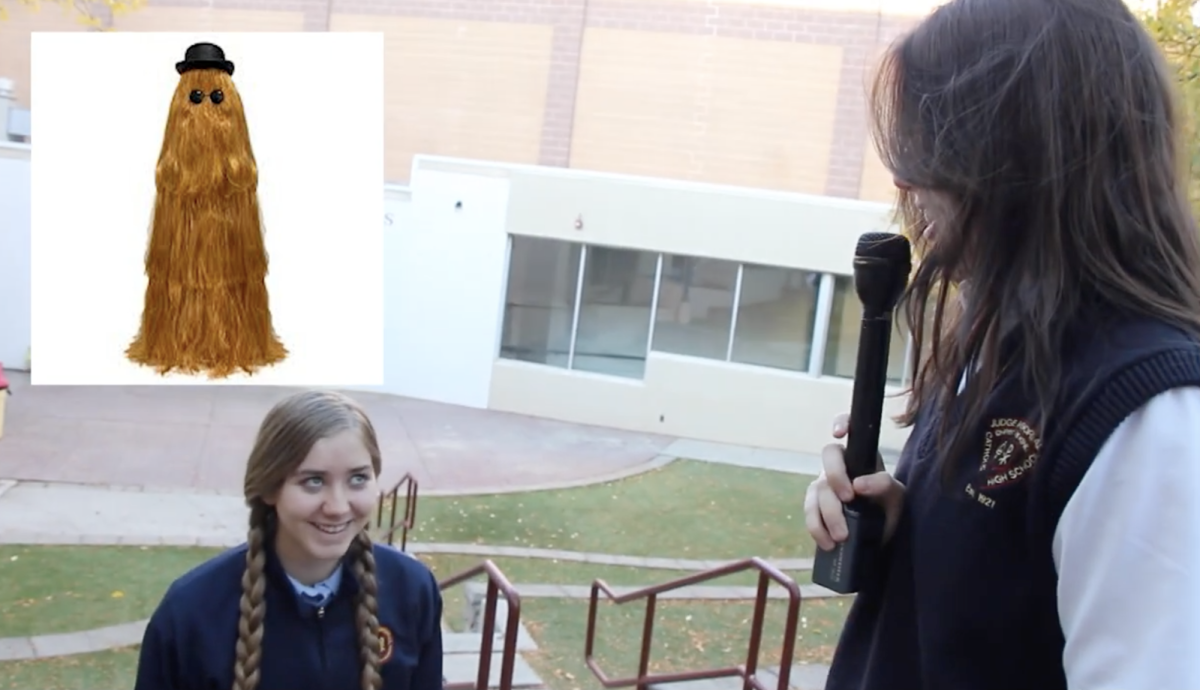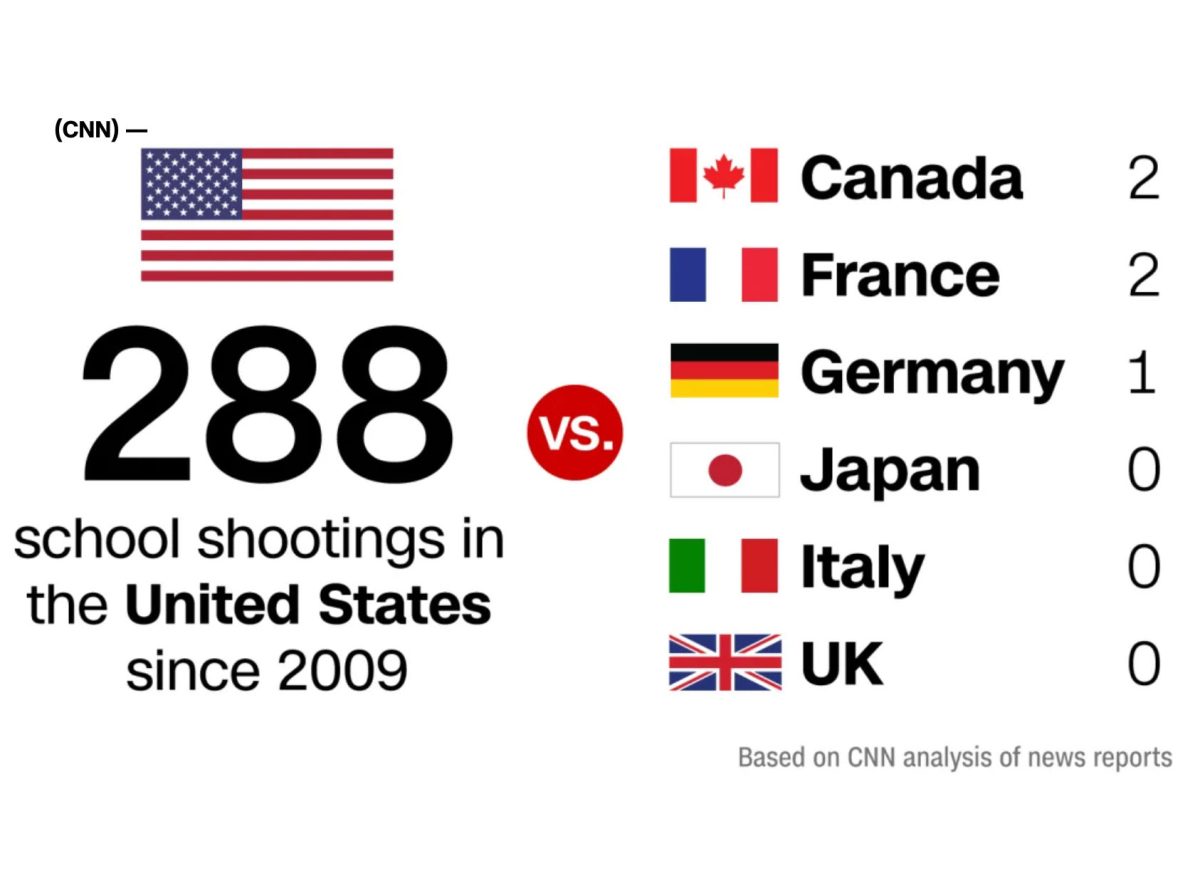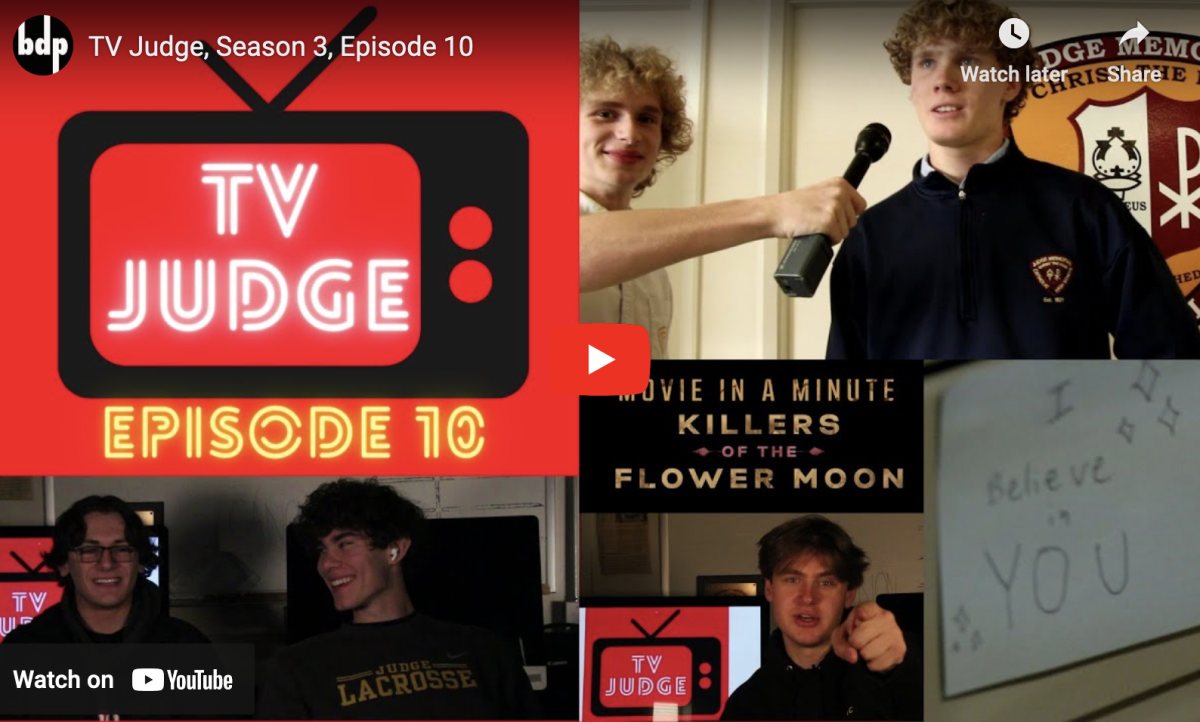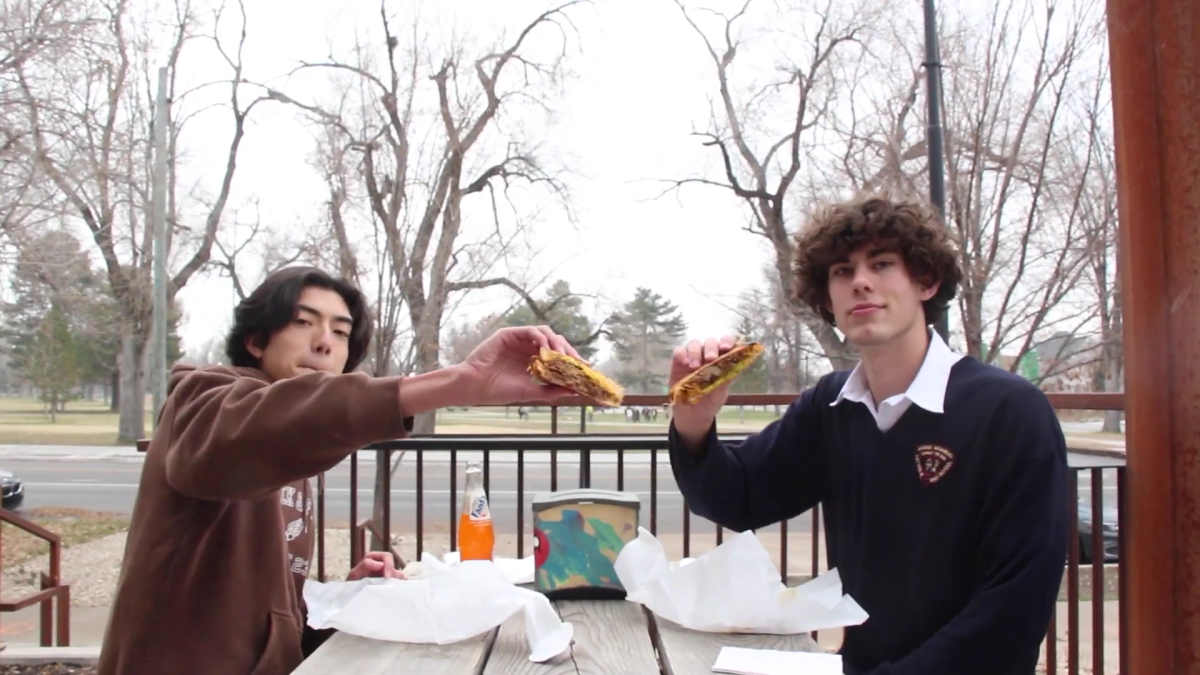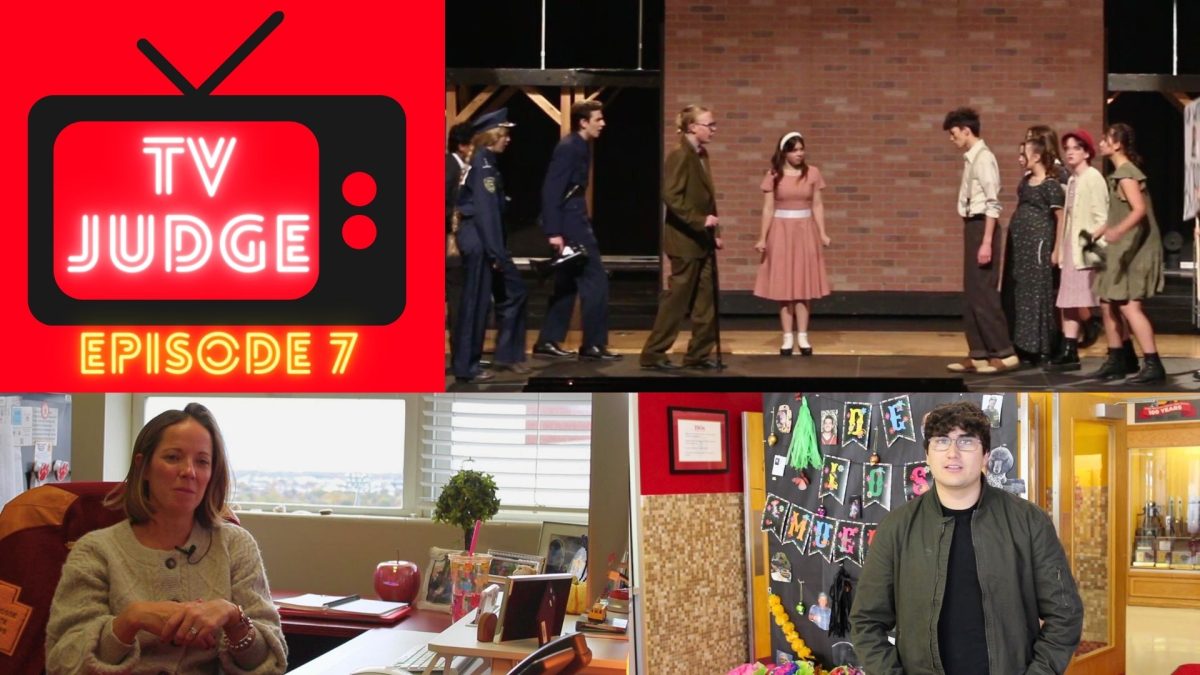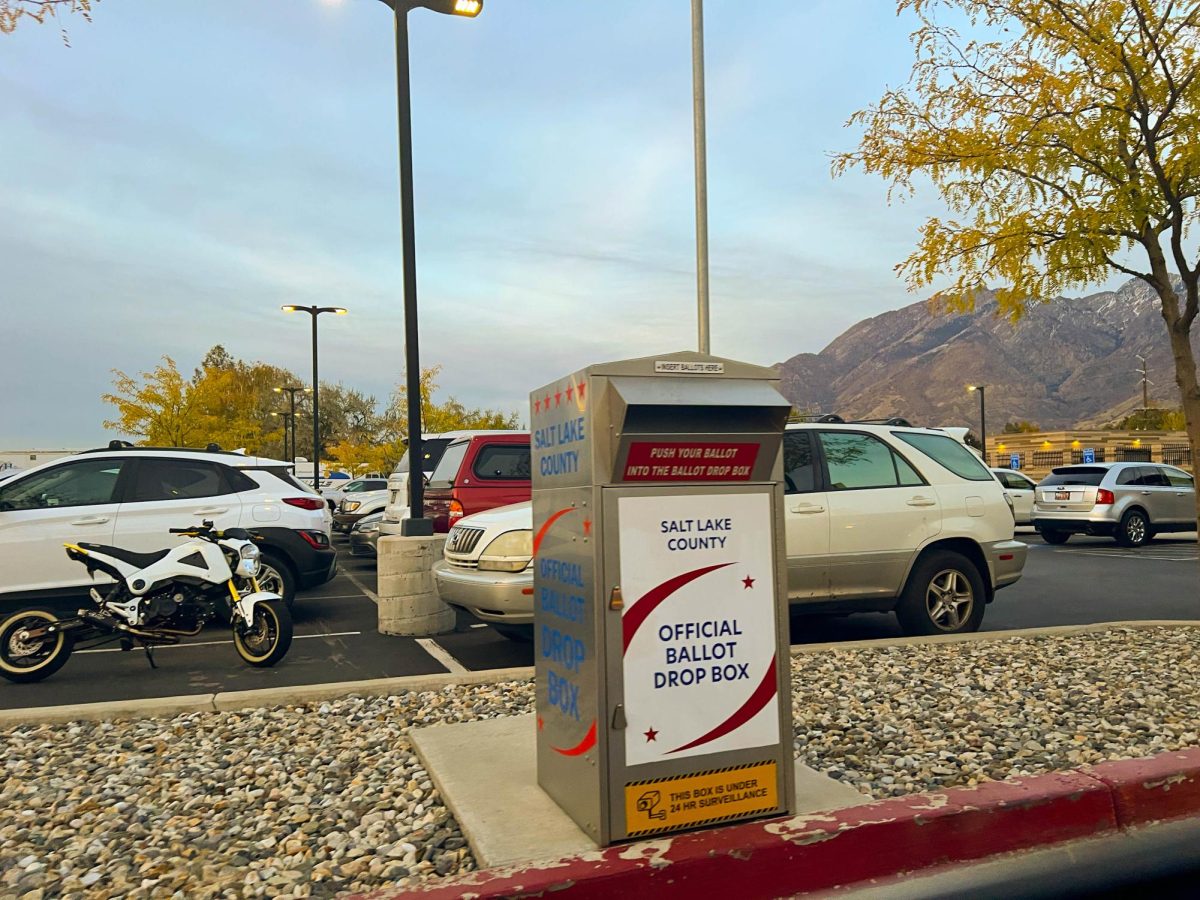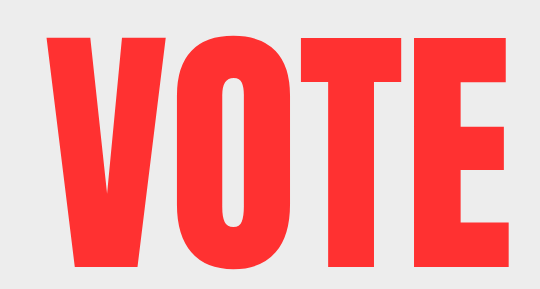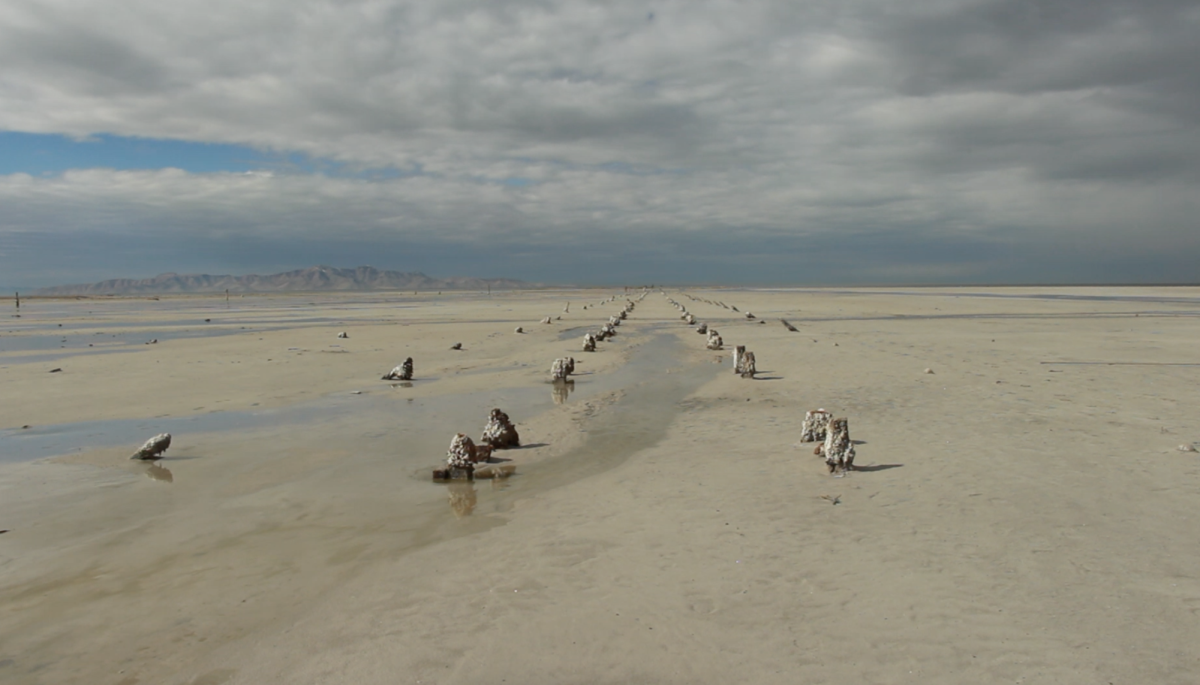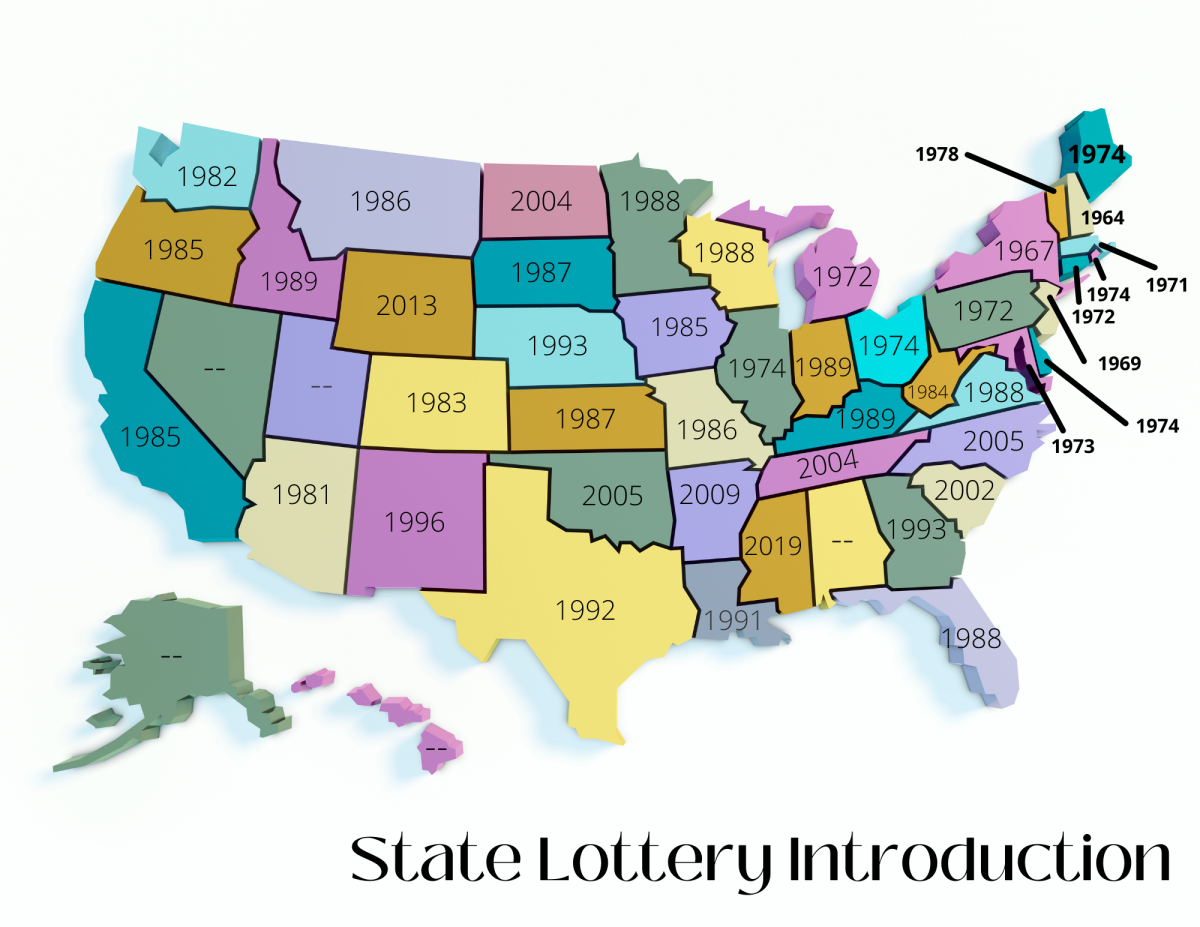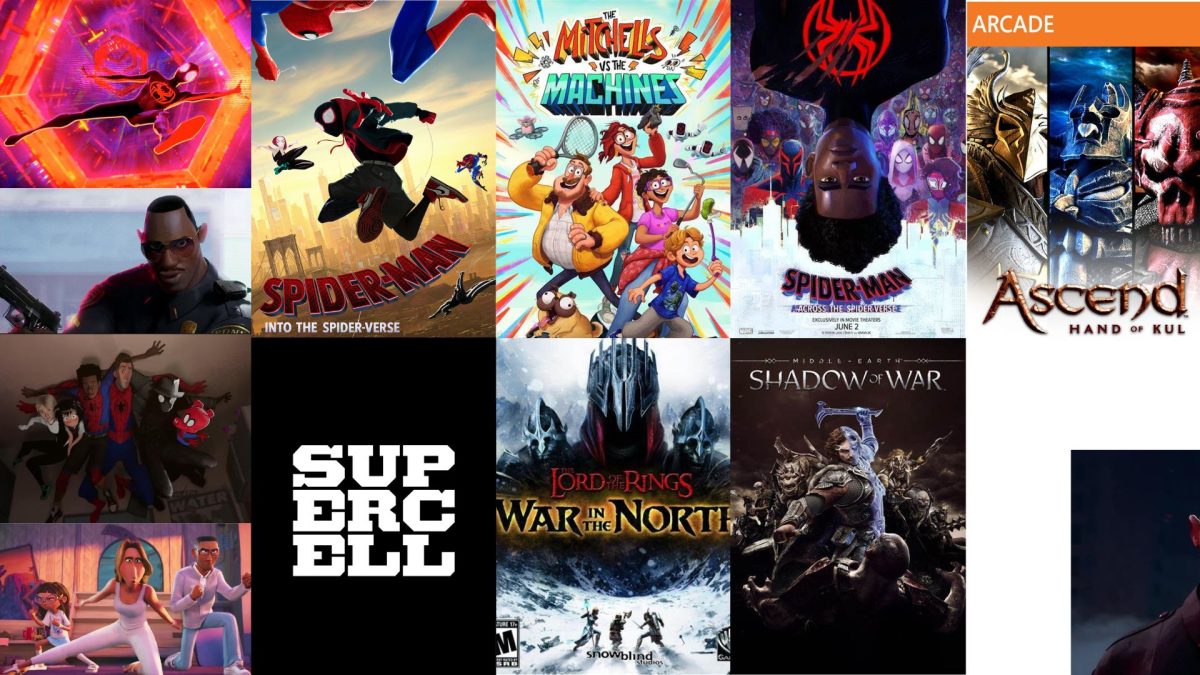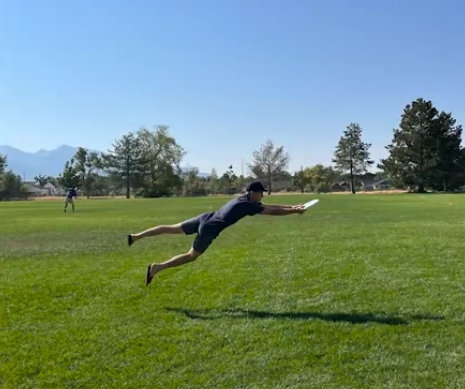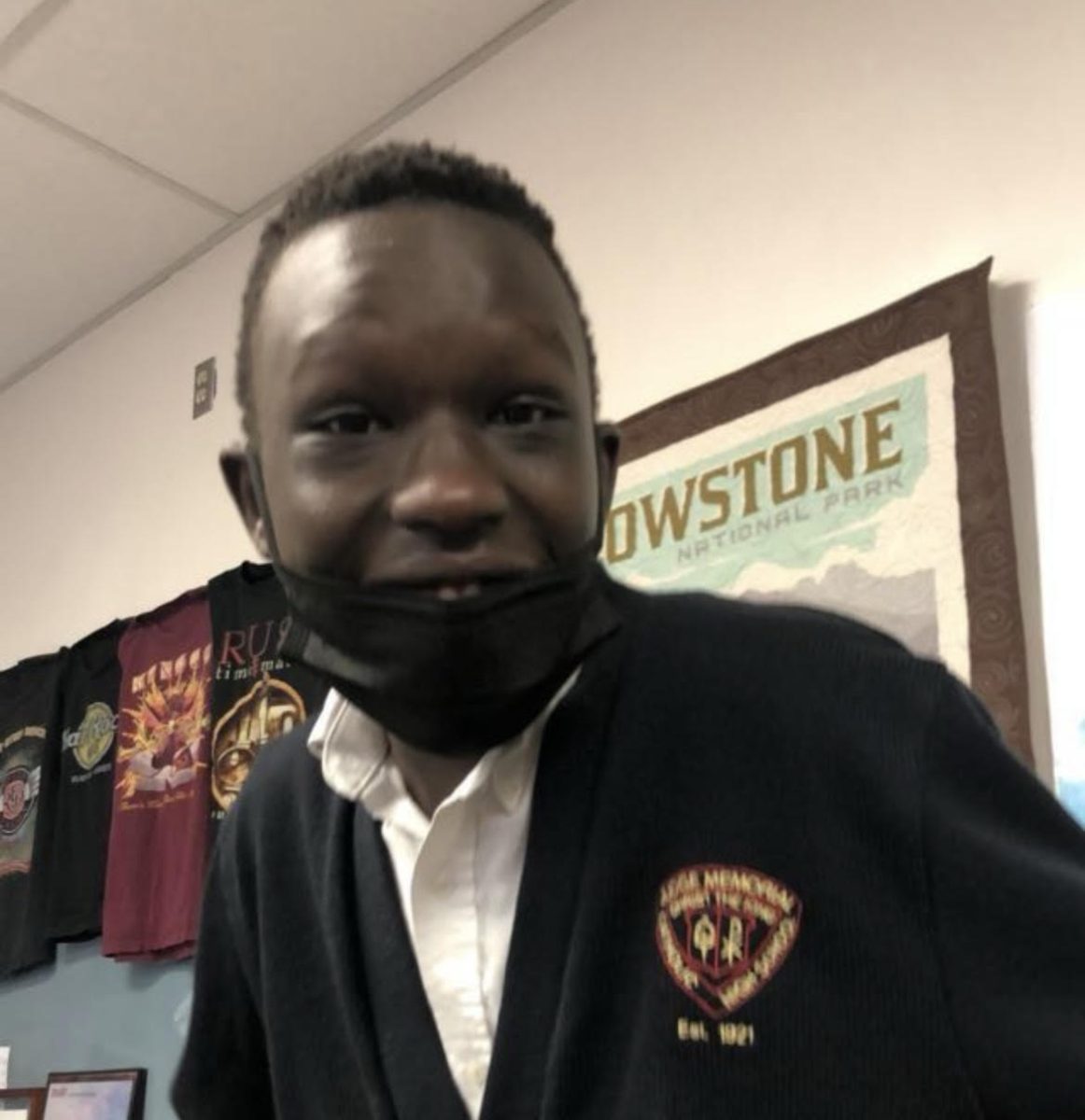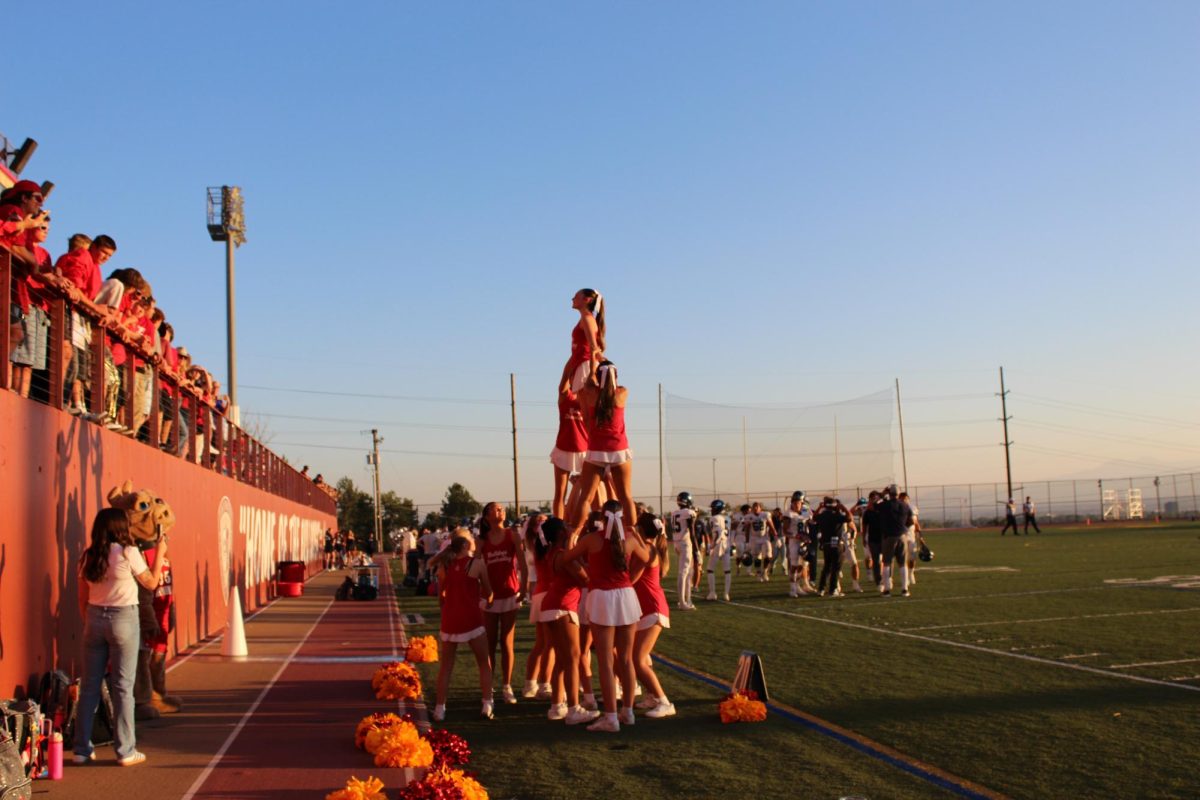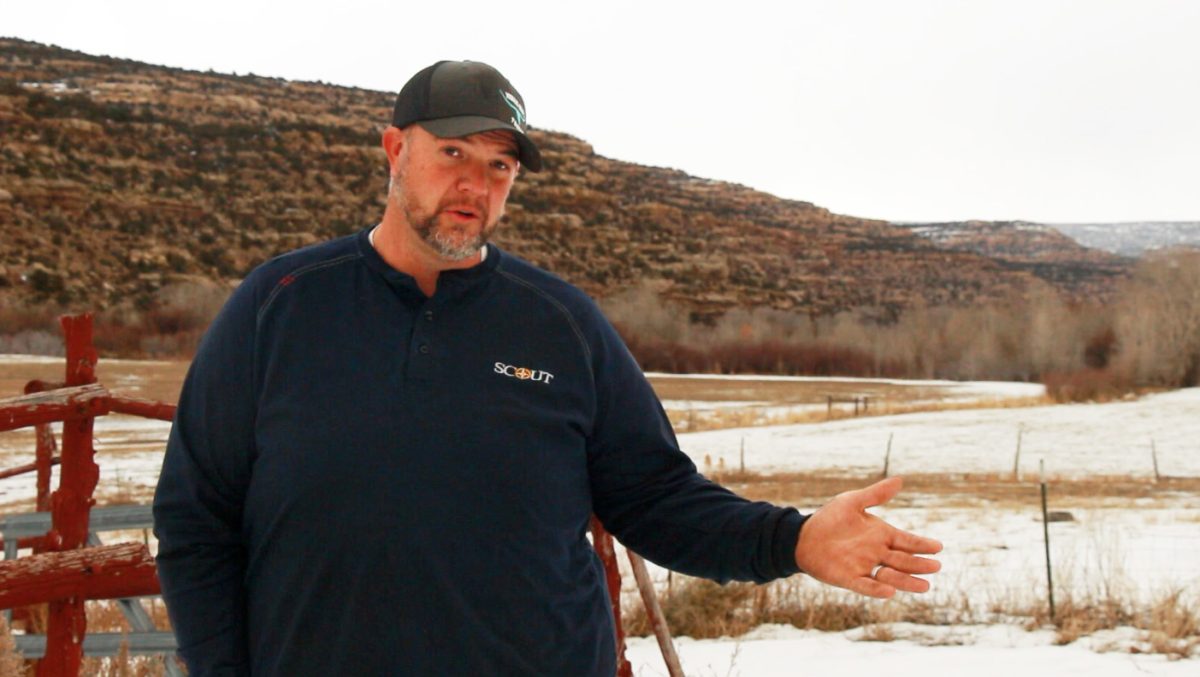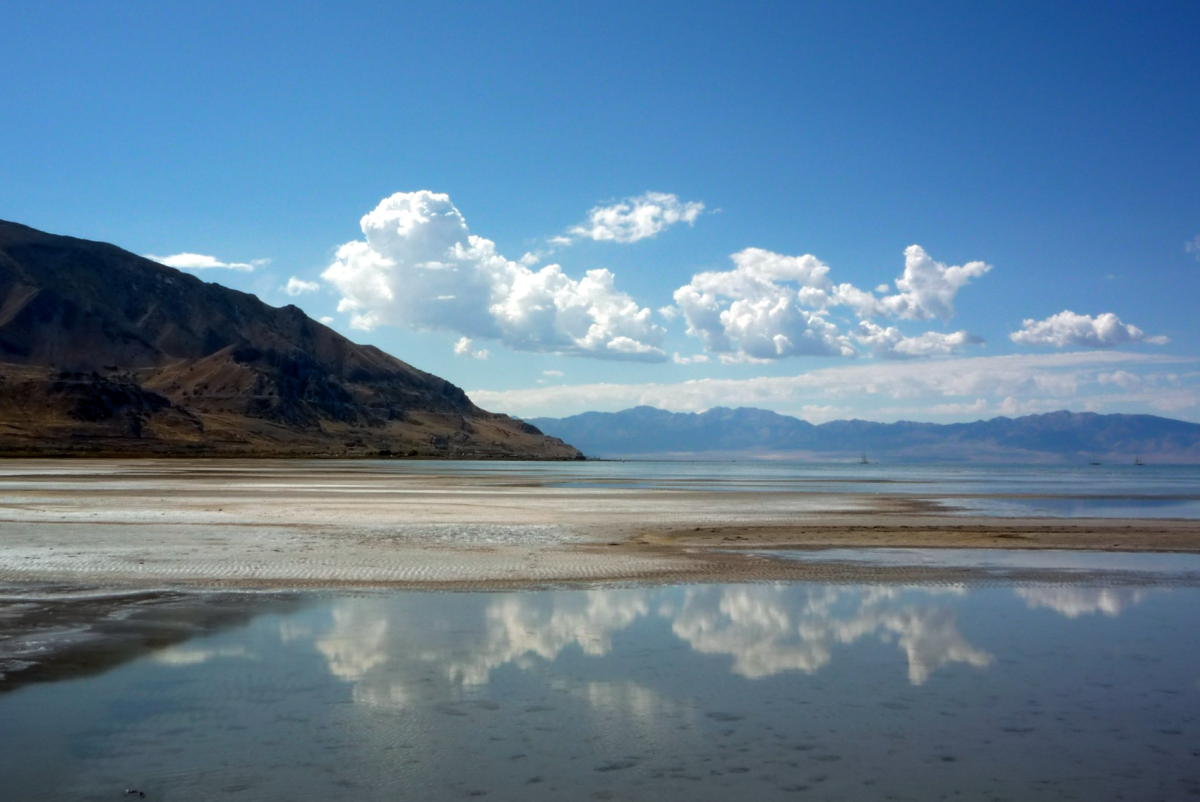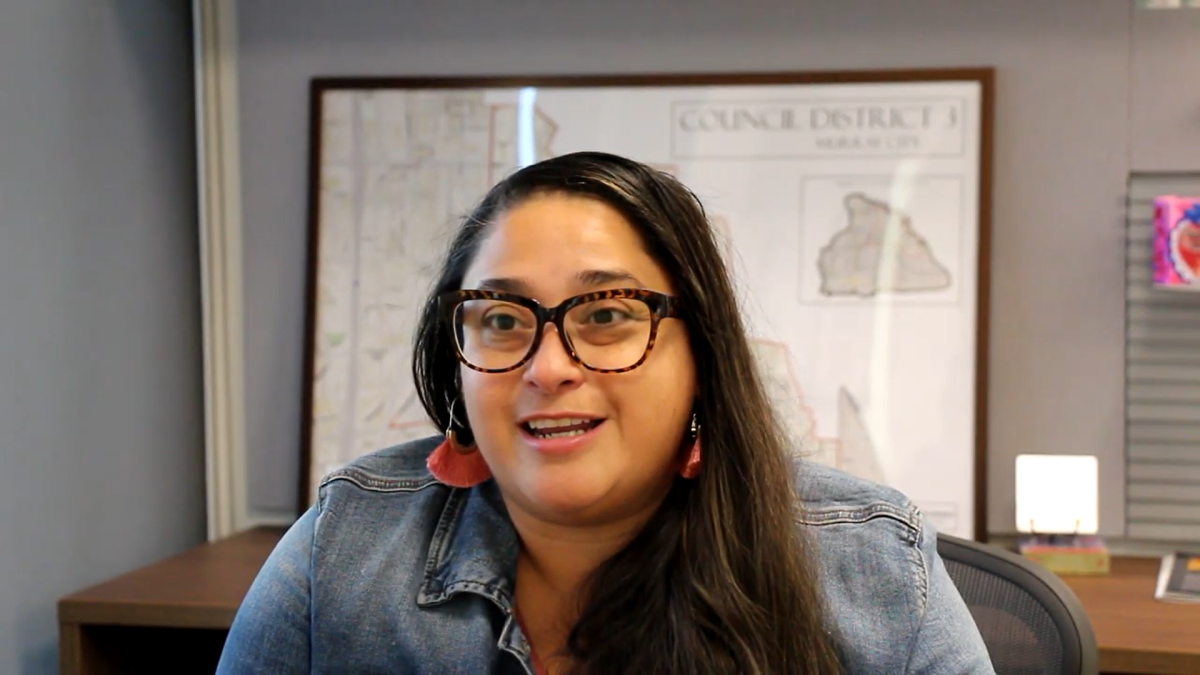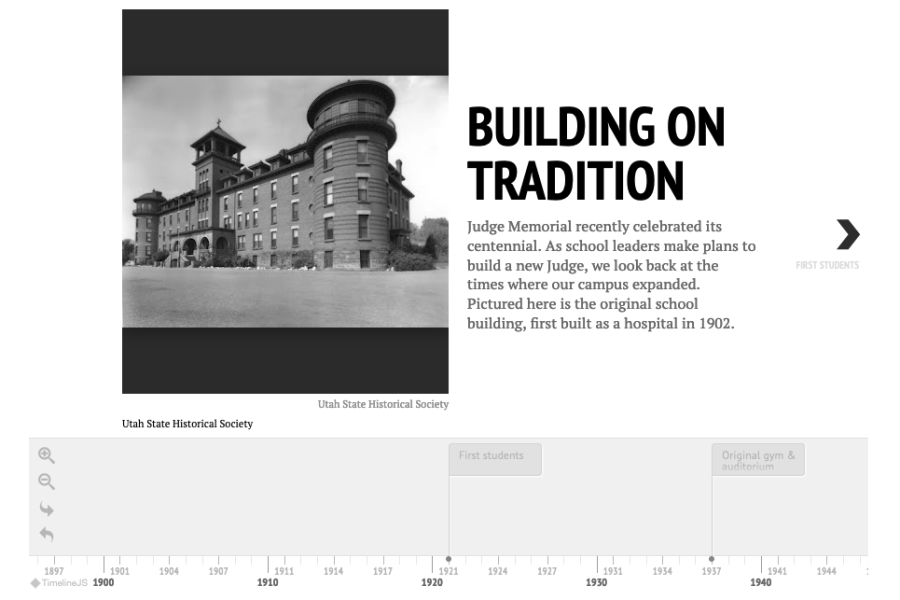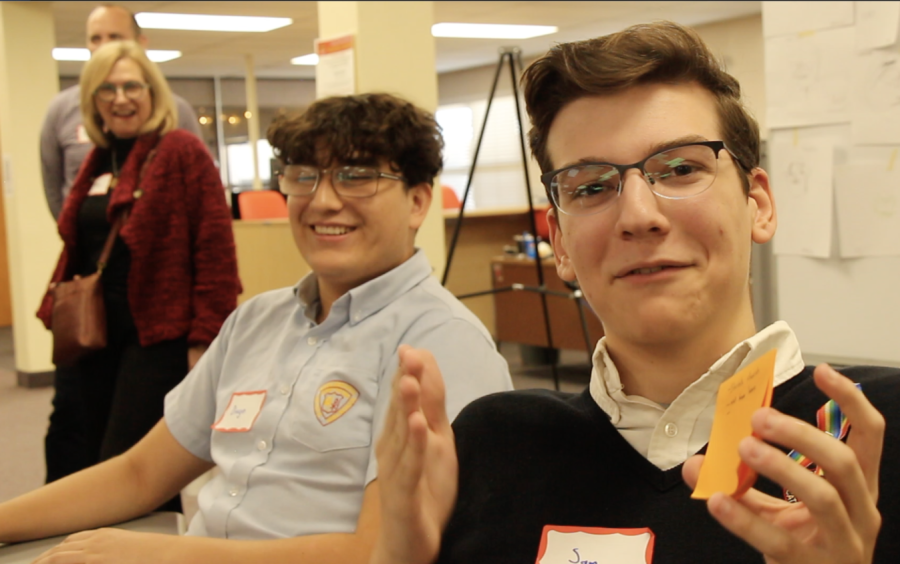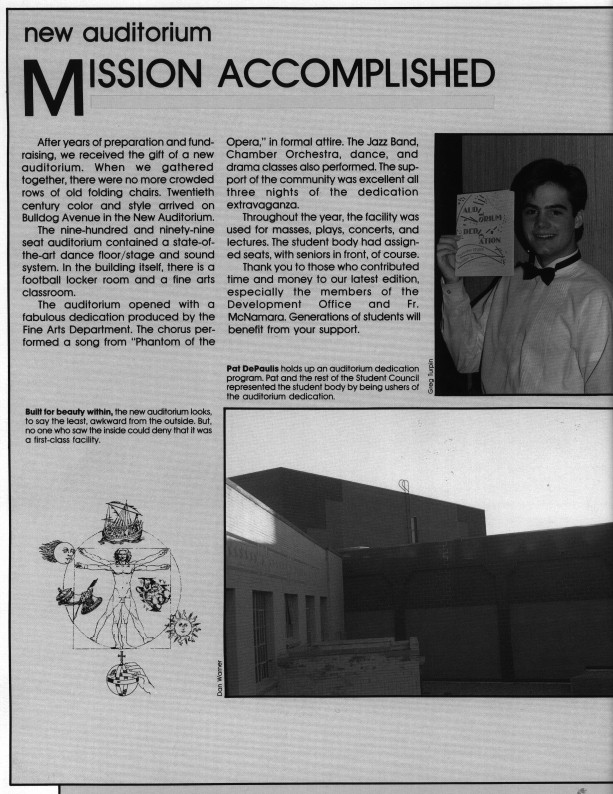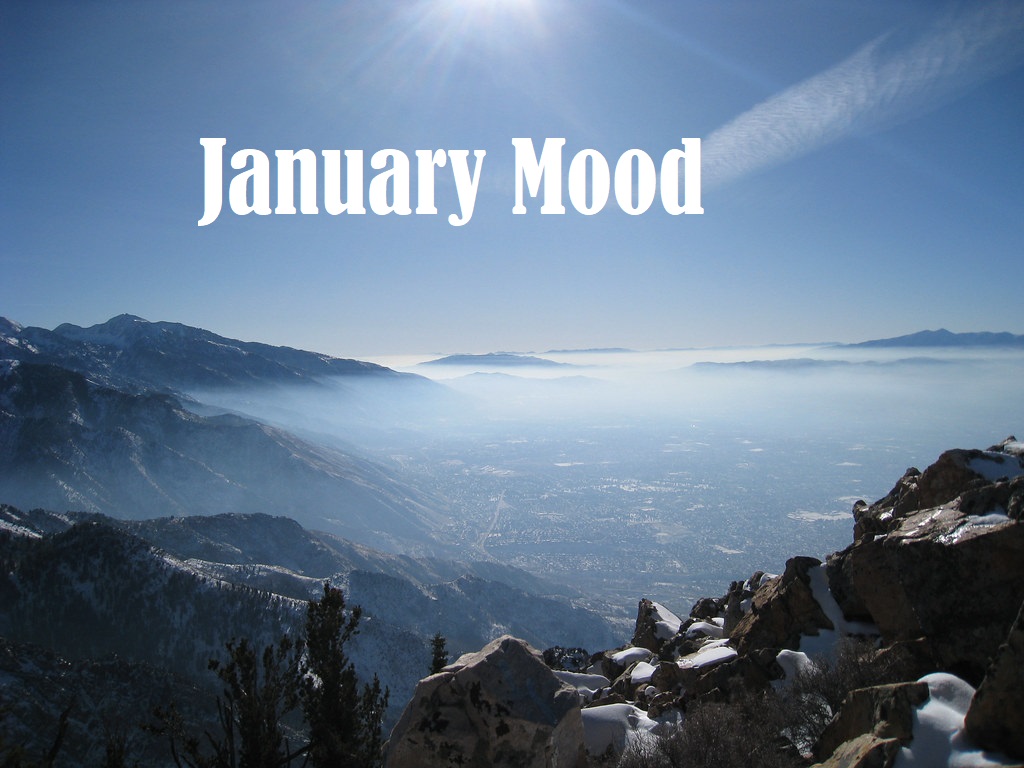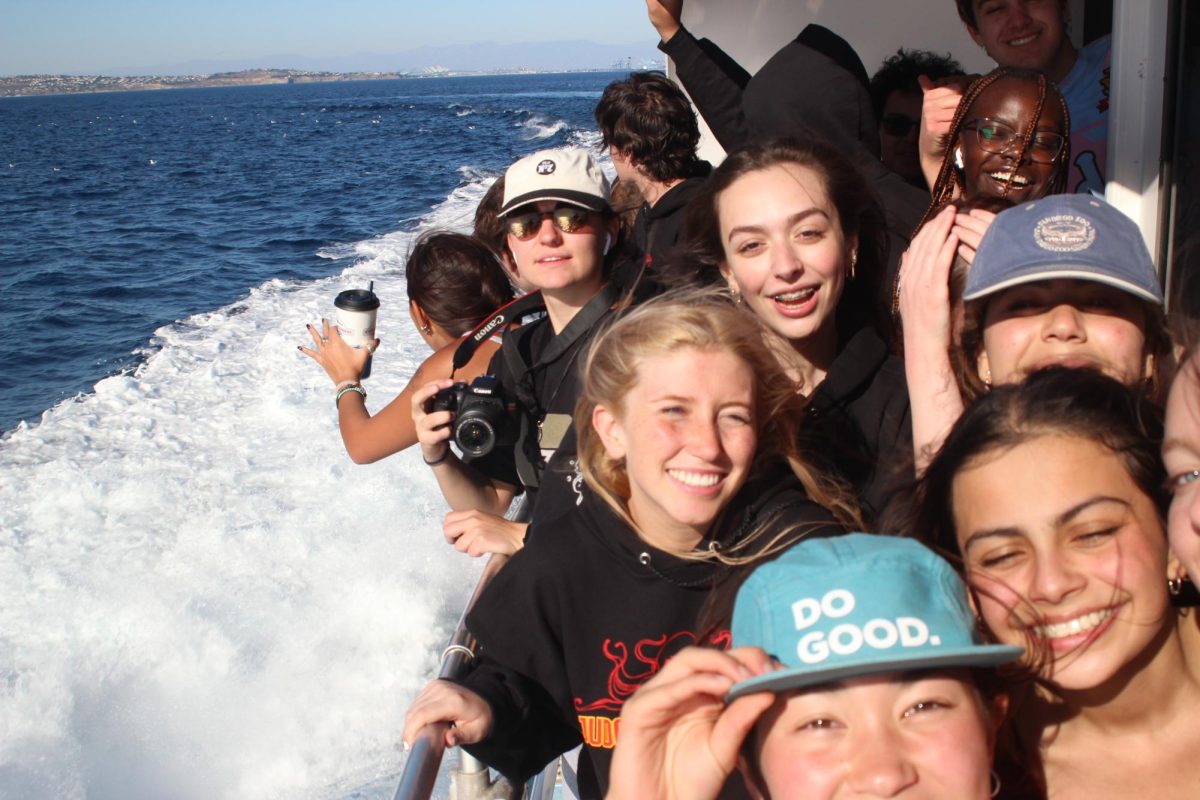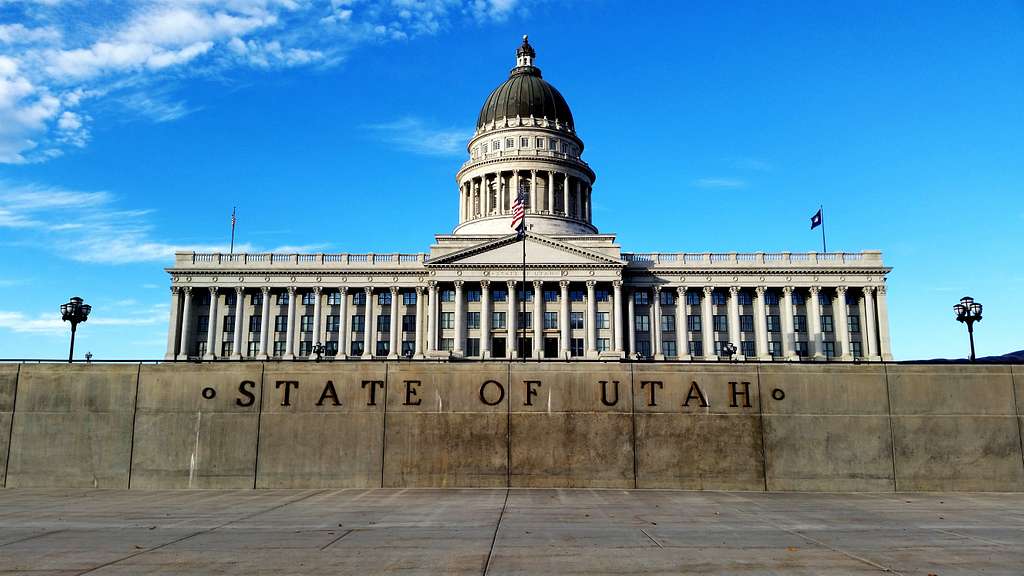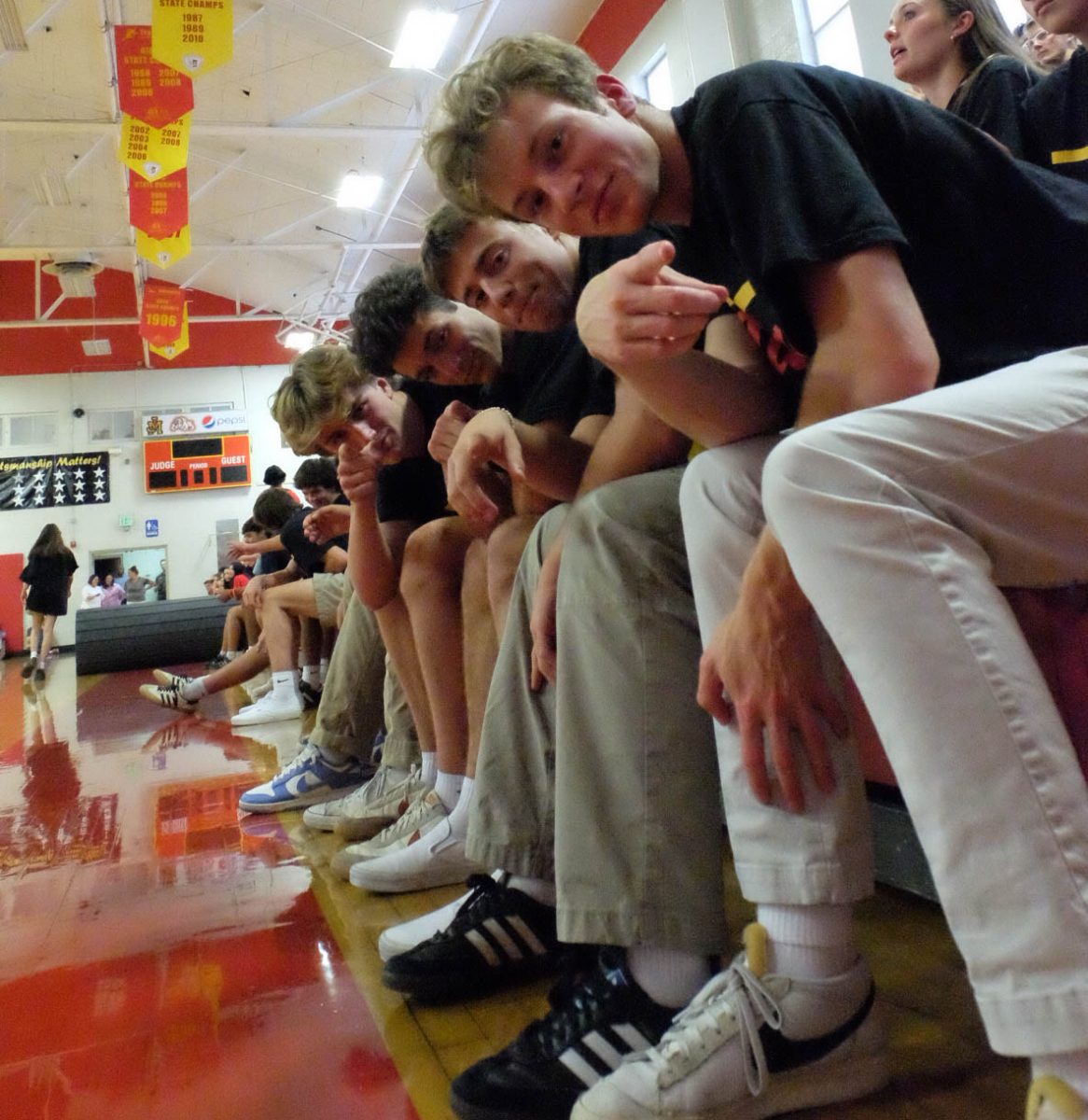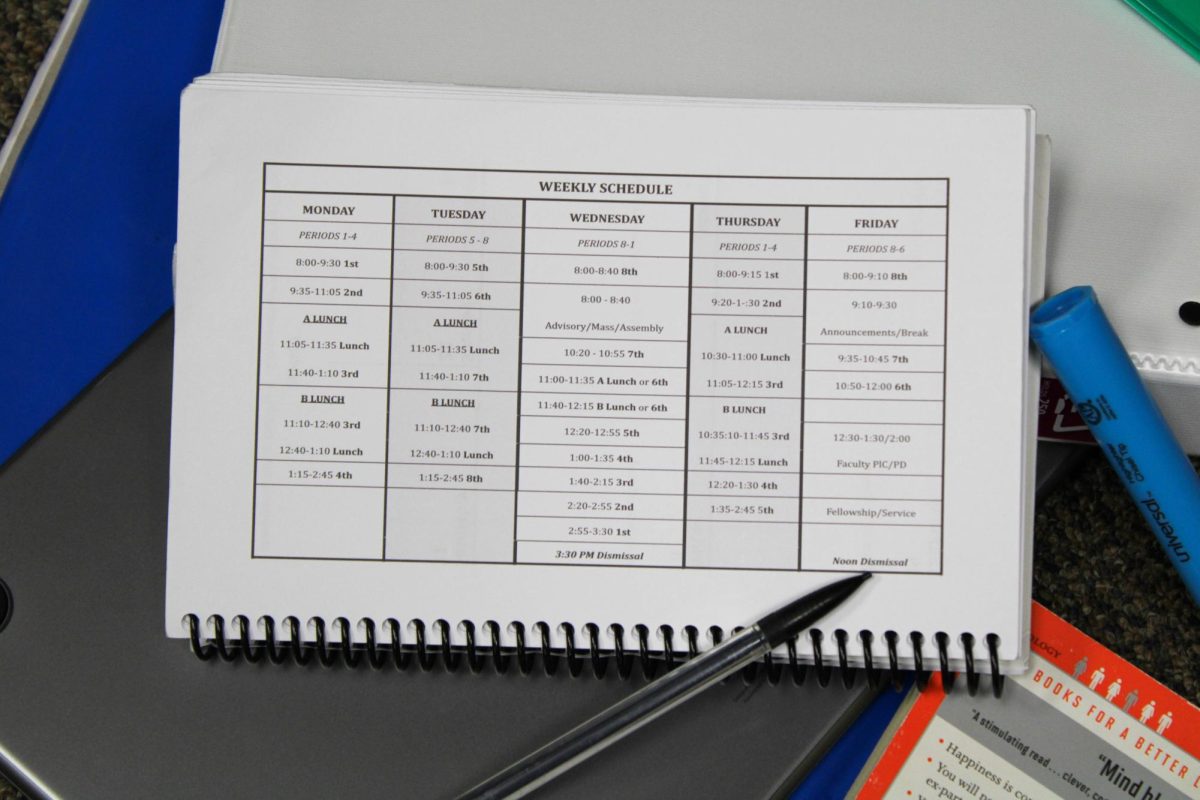Eight million teenagers can now vote in the 2024 presidential election, but that still leaves about 34 million who can’t vote yet. With most high schoolers under the voting age, sharing political opinions can be challenging. Brooke Copinga, a junior at Judge, makes her voice heard, involving herself in multiple political campaigns supporting our environment.
Brooke became involved in the environment at the age of 10 when she went to her first climate protest. She remembers the protest being at the capitol, and the majority of the viewers being children, she recalls how they spoke of how lucky they were to have clean air, and she noticed for the first time the privilege she had to have access to clean water and air. At that moment she realized what the environment meant to her.
“I started caring less about the environment and more about the equity a clean environment produces.” Her love for the outdoors derives from her love for skiing, fishing, and mountain biking; she stresses that her passion for the outdoors is separate from politics.
She became interested in bipartisan environmental engagement after seeing many climate debates and not feeling adequately represented through the views being displayed by Republicans and Democrats. She believes her lack of representation is what inspired her to lobby for Utah Representative John Curtis, who is now running for U.S. Senate. This led her to become the liaison from the citizens’ climate lobby to Curtis. She said, “I believe that we need to have the knowledge to push for specific policies that elected officials will be able to carry out regardless of who wins the presidential election.. climate action should be partyless”. She believes that people become turned off by climate change due to the negative impact that the solutions can impose either economically or ethically, aka the potential for loss of jobs and taxes on emissions. Not taking into consideration the effect these acts have on people causes tension between citizens and their climate.
Brooke loves clean energy but also doesn’t think people take into account the transition into clean energy and the effect it will have on citizens. “Utah has tens of thousands of people employed in the energy industry, thousands working in coal mines and plants. While legislation will close these plants and mines, they will not give these people new jobs.” She sees this as a big challenge for Utahns and wants to focus on bipartisan solutions at the federal level rather than taking action without understanding the repercussions.
Sustainability can be defined through an economy, equity, and social lens when trying to combat the climate crisis. Brooke says that with a depression of one of those factors, sustainability is not possible. Her goal is to make sustainability available for those who “do not have a seat at the table” when discussing conversations about the environment that don’t include members of the Republican party. She believes that to have change in our current climate crisis there needs to be inclusion of everyone in conversations regarding climate change. A statistic Brooke shared was “40% of all Republicans believe that climate change is a myth, or insignificant”. She emphasizes that just because some people don’t believe in climate change does not mean they don’t care for the environment. Her goal is to spread the truth about climate change and create a space for Republicans in the climate discussion.
In the U.S. when conversations are engaged about climate change she sees two perspectives, doom and denial. She believes neither response can be effective for addressing the climate crisis. The response that she finds most effective would be taking in the economic and ethical issues at hand before shifting focus solely on the environment.
She finds herself most interested in bipartisan climate solutions at the federal level, and engaging conservatives in tackling climate issues and approaching climate change through the lens of sustainability. “Using ethics, economics, and the environment to make decisions in our climate crisis.” She often spends time with elected officials discussing climate change, such as being with Gov. Cox and attending his monthly press conference to propose questions regarding the environment and teenage political polarization.
Brooke’s advice to fellow minors unable to vote is “If you aren’t able to vote begin lobbying by contacting your elected officials and asking them to vote about issues you are passionate about.” She believes everyone should be able to have a seat at the table, she says “and those who don’t should make theirs”.

